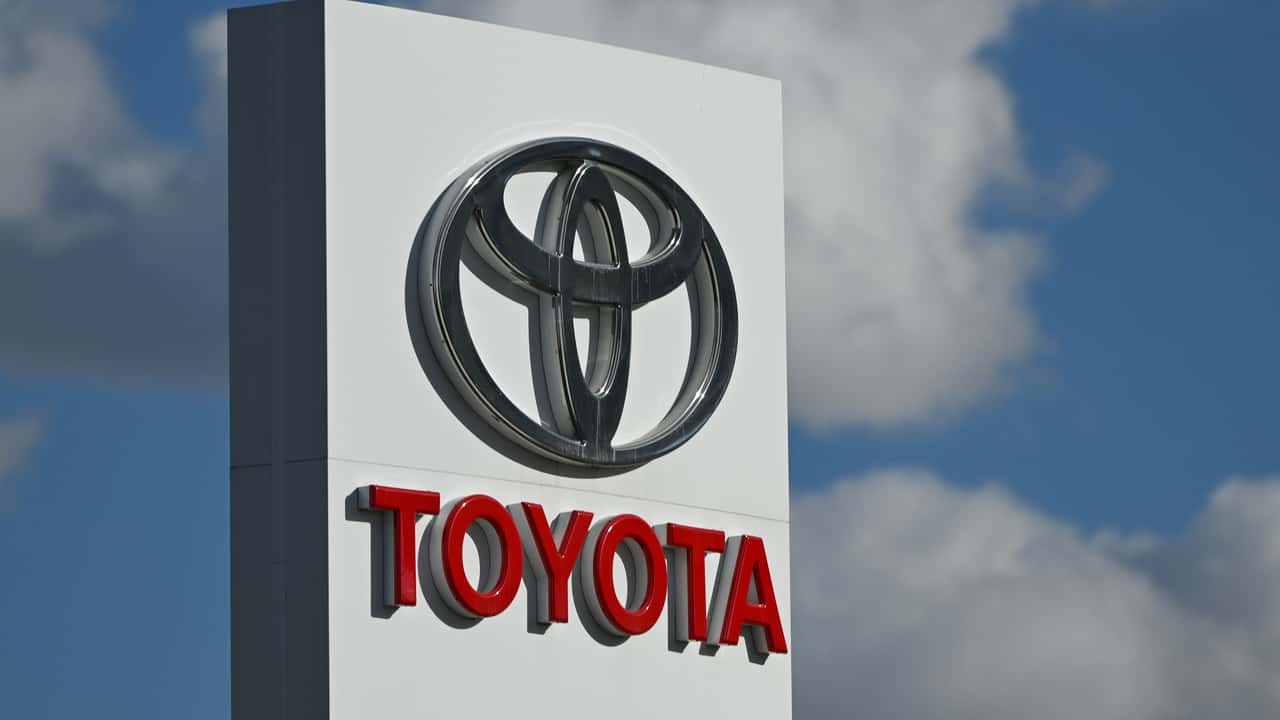
Trump’s tariffs have had an incredibly destabilizing effect on the automotive industry. It’s not just tariffs on completed cars—it’s all the parts that go in them. In a press conference Monday night, Toyota Motor North America Chief Operating Officer Mark Templin clearly spelled out the negative effects of tariffs, without going so far as to criticize the Trump administration explicitly.
“When it comes to tariffs on auto parts, it’s important to understand the supply chains are global, they’re complex, and they’re very fragile. And many of the suppliers are not capitalized for an abrupt tariff,” Templin said. “So levies on parts will negatively impact the automobile supply chain and lead to higher prices, lower vehicle sales, and will make servicing and repairing vehicles more expensive for customers.”
Templin said he recently went to Washington to speak to members of the Trump administration. He said he believes the administration “understands the consequences of tariffs on imported vehicles and the fragile nature of the industry’s global supply chain.” Still, he was quick to point out the positive impacts of auto manufacturing, noting that each auto-manufacturing job creates nine other jobs. Which is why he expects that the Trump administration will make more trade deals with other countries, like it has with the UK.
Templin also highlighted the fact that Toyota has 11 plants in the US, and over half of what it sells here is made in this country. And in what might have been the most pointed shot at Trump and his administration, he says it’s not simple to just make more cars here. “Contrary to what some may think, the auto industry has long product life cycles and we can’t simply move production facilities overnight.”
Ultimately, Templin says Toyota is trying not to be too reactionary. He says the company is in a “wait and see mode” when it comes to pricing and other short-term solutions.
Additional reporting by Jeff Perez.
More on Tariffs
GM Expects to Lose ‘$4 to 5 Billion’ Over Tariffs
Toyota RAV4 Production Might Stay In America Over Tariffs: Report
